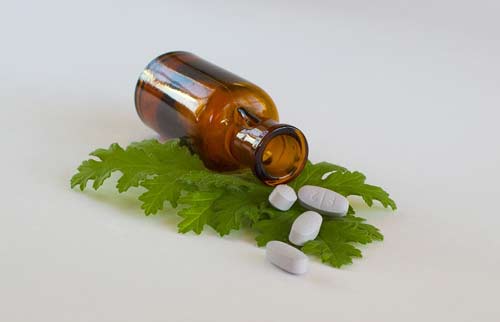
Cars are similar to people, in many ways – and not in the ways that involve Optimus Prime. What I’m talking about is how they involve complex systems to do amazing things, and how those systems naturally wear out if they’re not properly taken care of. For humans, the saying “prevention is better than cure” has emerged, and it’s pretty well-understood that it’s important to exercise, eat a nutritious diet, and generally take care of ourselves rather than just go to the doctor when we’re sick. For cars, we pretty much leave it at the “get occasional check-ups” stage, without thinking about whether or not there’s a better way to keep an eye on the health of our vehicles. Spoiler alert: there is. It’s called the Tyre Pressure Monitoring System.
See, tyres don’t exist in a binary. It’s not as if they’re either fine or flat. Like everything that’s inflated, no matter how well-sealed, tyres lose air over time, slowly deflating. It happens so slowly that we’re generally not even aware of it, but underinflated tyres can lead to a bunch of complications in your vehicle health (and ultimately, your personal health and safety). When not properly inflated, tyres wear out much more quickly, and are more likely to experience blowouts. They also have a greater stopping distance and poorer turning control, as well as leading to greater fuel consumption.
What the TPMS does is it gives you constant updates on your tyre pressure, letting you know if it falls below a certain level through an audible alarm that you definitely won’t miss. It does this using tyre sensors on your wheels, that relay the information to a monitor inside your car. This allows you to keep your car in tip-top condition, leading to a safer, and cheaper, driving experience.

